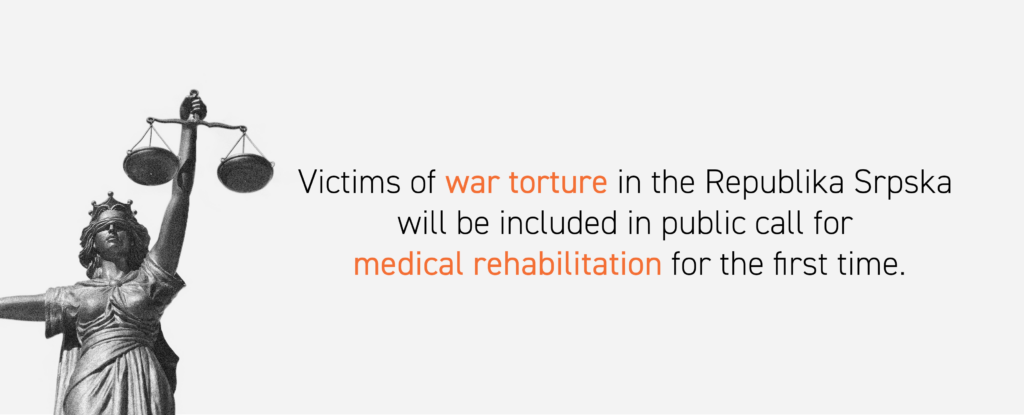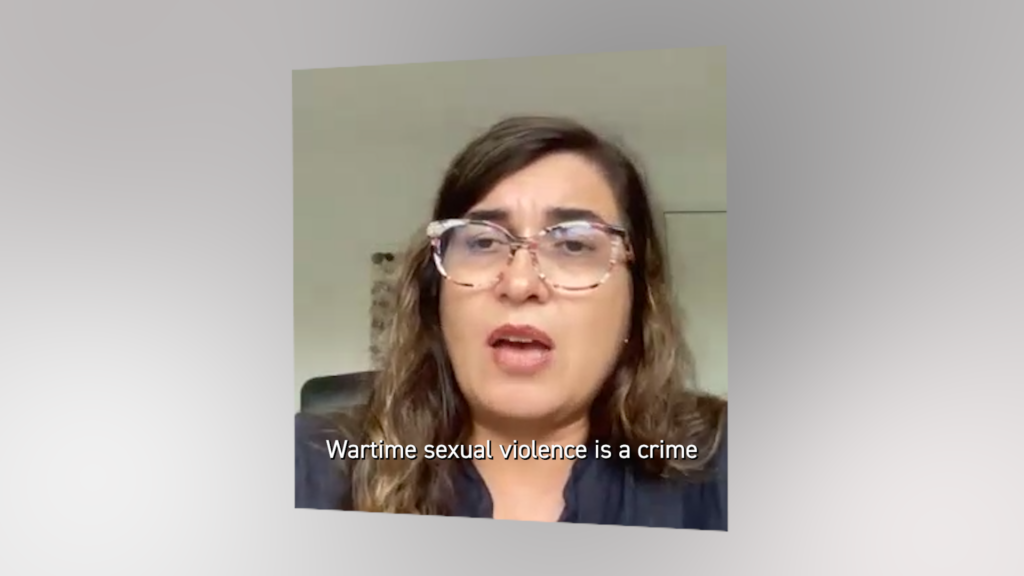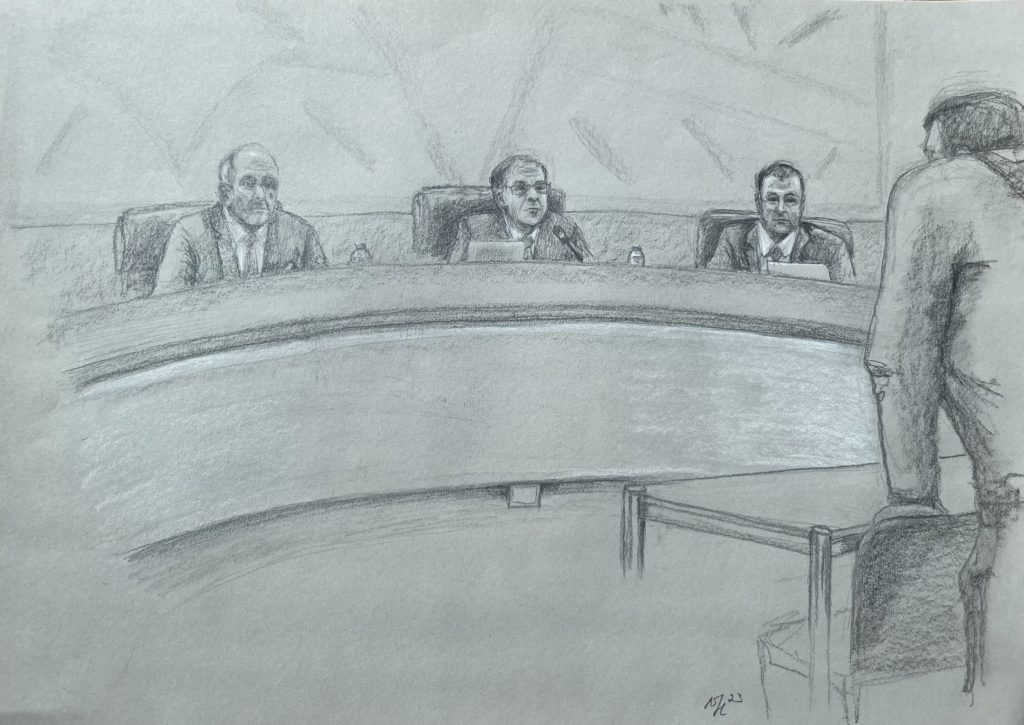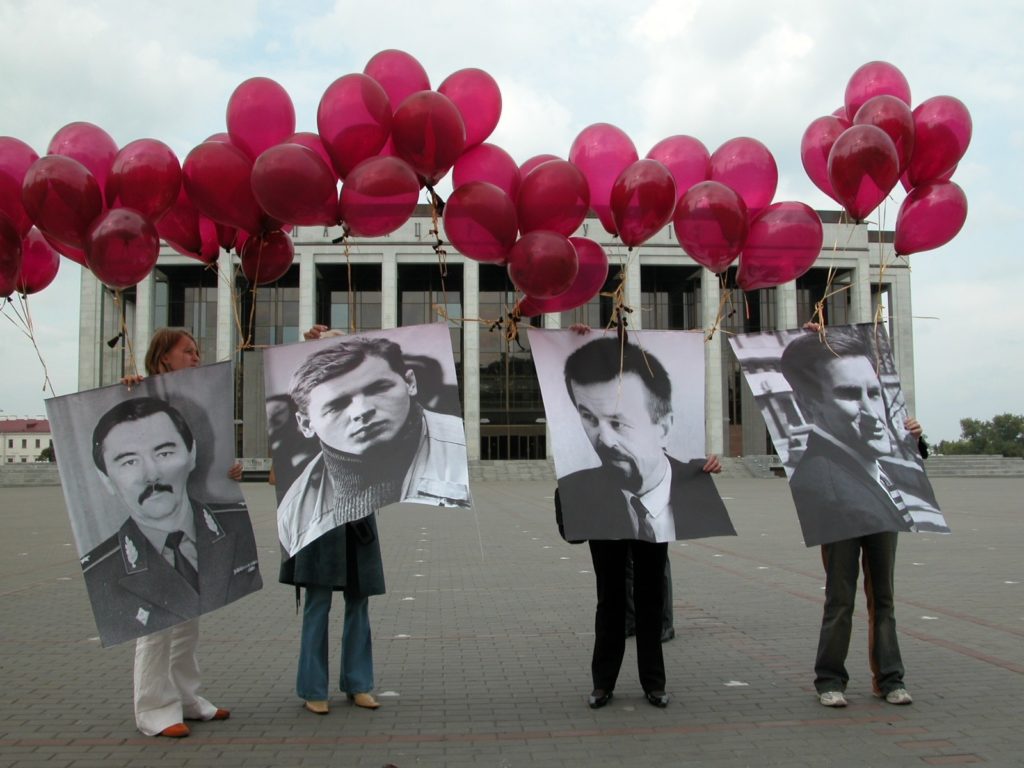BiH fails to implement UN recommendations on torture
Sarajevo/Geneva, 14 October 2011
TRIAL (Swiss Association against Impunity), seven associations of relatives of missing persons, seven associations dealing with women victims of sexual violence during the war and four associations dealing with former concentration-camp detainees submit a follow-up report to the United Nations Committee against Torture (CAT).
In October 2011 TRIAL, seven associations of relatives of missing persons(1), seven associations working on the subject of women victims of rape or other forms of sexual violence during the war(2) and four associations or federations of associations of former concentration camp-detainees(3) have submitted a follow-up report to the CAT to highlight the absence of any significant progress with regard to the fulfilment of the international obligations of Bosnia and Herzegovina (BiH). In fact, in November 2010, after having examined BiH’s periodic report, the CAT issued a number of conclusions and recommendations related to the obligations of BiH pursuant to the Convention against Torture. On that occasion the CAT requested BiH to submit follow-up information within one year with regard to the implementation of some of the recommendations contained in its concluding observations.
In particular, BiH failed to modify its criminal legislation with regard to crimes of sexual violence committed during the war and to bring it into accordance with international law; to solve the systemic problem of non-implementation of decisions and rulings issued by the Constitutional Court of BiH; to establish the Fund for Support for the Families of Missing Persons; and to guarantee adequate compensation and integral reparation for the harm suffered to relatives of missing persons, former camp-detainees and women victims of rape or other forms of sexual violence during the war.
“Relatives of missing people, victims of war-time rape and former camp detainees feel discouraged by the lack of implementation of the recommendations formulated by the CAT one year ago” said Ms. Lejla Mamut, the Human Rights Coordinator of TRIAL in Sarajevo. “All the more so, because authorities have not fulfilled their rights over the past 20 years: some of these people are dying and they have not seen justice done, nor have they obtained adequate compensation for the harm suffered or learned the truth about the fate or whereabouts of their loved ones”.
Although some actions have been undertaken on the recommendations formulated by the CAT with regard, for instance, to the investigation, judgment and sanction of crimes committed during the war, the pace of this process is far from satisfactory and the National Strategy for War Crimes is not being implemented in an effective manner.
Ms. Selma Korjenić, TRIAL’s Human Rights Officer in charge of sexual violence for BiH stressed that women victims of sexual violence during the war continue to experience serious troubles in realizing their rights. She highlights that “in some cases, associations dealing with this category of victims have been subjected to instances of harassment, threats or attacks that have been reported to competent authorities. However, to date those responsible for the crimes concerned have not been duly judged and sanctioned”.
In its concluding observations of November 2010, the CAT also recommended that BiH takes a number of measures with regard to the adoption of the law on the rights of victims of torture and civil victims of war; to the functioning of the Missing Persons Institute (MPI); to the completion of the Central Record of the Missing Persons (CEN); to the establishment of a mechanism to keep families of missing persons informed on the progress made in the process of exhumation and identification of mortal remains and to provide them psycho-social assistance during the process; and to the ratification of the International Convention for the Protection of All Persons from Enforced Disappearance.
With minor exceptions, none of the measures recommended in 2010 by the CAT has been fully implemented to date, leaving relatives of missing persons, former camp-detainees and women victims of rape during the war to bear the brunt of violations that have been ongoing over the past 19 years. “This situation is causing a climate of deep distrust among victims of gross human rights violations from the war and their relatives towards Bosnian institutions and, given that not even the recommendations of international mechanisms are proving to be effective, there is a general feeling of powerlessness and frustration. BiH remains in breach of its international obligations” concluded Ms. Aleksandra Nedzi, TRIAL’s legal consultant in Sarajevo. “However”, she added, “TRIAL will continue monitoring this process and reporting to international mechanisms until this impasse is eventually overcome and the rights to truth, to justice and to reparation are fully guaranteed”.
Overall Context
It is estimated that around 100,000 persons died as a consequence of the conflict in BiH during the period 1992-1995 and that between 25,000 and 30,000 were victims of enforced disappearance. As of today, between 10,000 and 13,000 people are still missing. During the war the use of rape or other forms of sexual violence was widespread (rates of victims of sexual violence vary from 20,000 to 50,000). It is also known that during the war clandestine detention facilities were set up. At present, 652 places of detention have been registered. The total number of people who were held in the mentioned concentration camps has not been determined with certainty.
In October 2010 TRIAL, together with 11 local associations of relatives of missing persons and organizations dealing with women victims of rape or other forms of sexual violence submitted an alternative report to the CAT. Many of the recommendations contained in that 80-page report were reproduced in the concluding observations issued in November 2010 by the CAT. TRIAL has also filed 40 individual complaints before the European Court of Human Rights or the UN Human Rights Committee on behalf of relatives of missing persons. In May 2011, TRIAL and 12 associations dealing with the subject of victims of rape or other forms of sexual violence during the war submitted a general allegation to the United Nations Special Rapporteur on Violence against Women, its Causes and Consequences to highlight the ongoing violations suffered by this category of people. TRIAL will continue to resort to international mechanisms for the protection of human rights in order to turn the attention to the situation of families of missing persons, victims of sexual violence, as well as former camp-detainees in BiH and to put pressure on the government to work harder for the improvement of the current position of these groups of victims.
For further information
- Read the executive summary
- Read the full document
- On the individual complaints filed by TRIAL before the European Court of Human Rights or the UN Human Rights Committee, see here.
- For the report submitted in October 2010 to the CAT see here.
- See also TRIAL’s website in the local language: trialinternational.org/BiH.
[1] Association of Families of Killed and Missing Defenders of the Homeland War from Bugojno Municipality; Association of Relatives of Missing Persons from Hadžići Municipality; Association of Relatives of Missing Persons from Ilijaš Municipality; Association of Relatives of Missing Persons from Kalinovik (Istina-Kalinovik 92), Association of Relatives of Missing Persons of the Sarajevo-Romanija Region; Association of Relatives of Missing Persons of the Vogošća Municipality; and Association of Women from Prijedor – Izvor.
[2] Association of Women-Victims of War; the Centre for Legal Assistance to Women Zenica; Infoteka Women’s Information and Documentation Centre; Sumejja Gerc; Viktorija 99; Vive Žene Tuzla; and the Women’s Section of the Concentration Camp Torture Survivors Canton Sarajevo.
[3] Association of the Concentration Camp-Detainees – Bosnia and Herzegovina; Association of the Concentration Camp-Detainees of the Republika Srpska; Croatian Association of War Prisoners of the Homeland War in Canton of Central Bosnia; and Prijedor 92.












